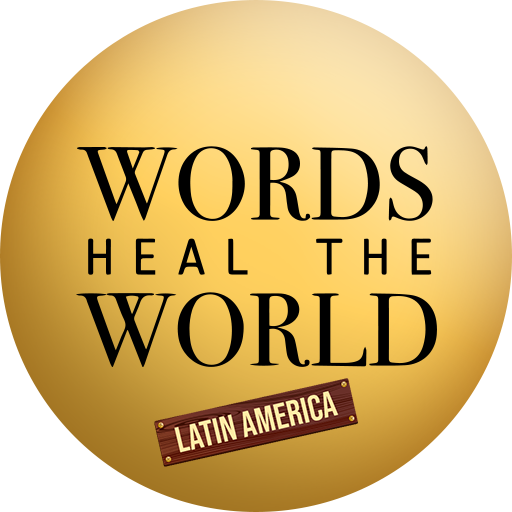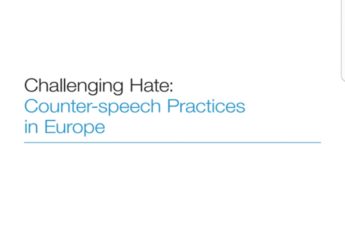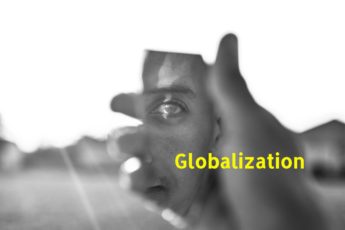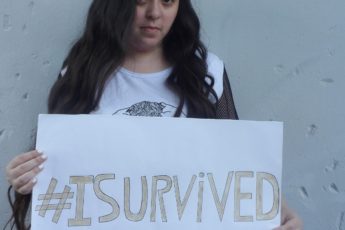
Besides empowering young people in the UK and Brazil to challenge hate, now Words Heal the World will start working with Latin American students. Guided by the Chilean journalist, James Gatica, who lives in Argentina, a group of students will start producing content and organising events to tackle diferente types of extremism such as racism, antisemitism, xenophobia, homophobia, misogyny, religious intolerance, Islamophobia and jihadism. The Facebook page of Words Heal Latin America will be officially launched on February 13th and it will have articles and videos in Spanish. Part of this content will also be available on our website and other social media platforms.
Although the region is frequently set aside in extremism studies, growing number of attacks towards minorities are worrisome.
- 3 millions Venezuelan refugees and migrants are exposed to xenophobia. They have been frequently attacked in neighboring countries such as Brazil and Colombia (UNHCR)
- Around 60,000 women are killed in Latin America, turning the region the one with highest feminicide rates (UN Women)
- Interpol has already identified jihadist cells in Argentina, Brazil, Paraguay, Chile, Colombia, Venezuela y Trinidad and Tobago.
- according to the NGO “Grupo Gay Bahia”, one homossexual is killed every 25 hours in Brazil.
- although Christian majority countries, Colombia and Mexico have faced problems with Christian persecution (Open Doors)
- black people face historical discrimination in the region. According to the World Bank, their chances of living in poverty are 3 times higher than other people.
- antisemitism was very strong in some Latin American countries during the 70s and is on the rise again, especially on the internet. ADL has already identified an increase on the number of online antisemitic attacks in Argentina.
The first map of extremism, in Brazil, will be launched in May and students from other Latin American countries may also work on a similar report in the future.
By Beatriz Buarque (founder of Words Heal the World)




